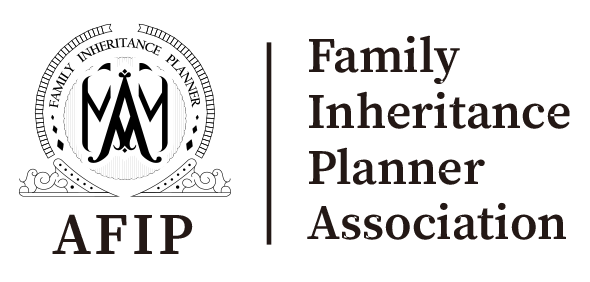The health care industry is one of the largest and most complex industries in the world. It is also one of the most rapidly changing, thanks to the advent of new technologies like artificial intelligence (AI). One of the most promising AI technologies for the health care industry is ChatGPT.
ChatGPT is a large language model chatbot developed by OpenAI. It is trained on a massive dataset of text and code, and it can generate human-like text in response to a wide range of prompts and questions. This makes it an ideal tool for a variety of health care applications, including:
- Democratizing access to health care: ChatGPT can be used to create personalized treatment plans for patients based on their symptoms. This can help to democratize access to health care by making it more affordable and accessible to people who live in rural areas or who have difficulty accessing traditional health care providers.
- Improving patient care: ChatGPT can be used to automate the review of standard tests, such as X-rays, lab results, and MRIs. This can help to improve patient care by freeing up doctors and nurses to focus on other tasks, such as providing patient care and education.
- Accelerating drug development: ChatGPT can be used to analyze large datasets of medical research and clinical trials. This can help to accelerate the drug development process by identifying new drug targets and potential side effects.
In addition to these specific applications, ChatGPT has the potential to transform the health care industry in a number of ways. For example, ChatGPT could be used to:
- Provide remote patient monitoring: ChatGPT could be used to monitor patients remotely by tracking their symptoms and vital signs. This could help to improve patient outcomes by catching health problems early and preventing them from getting worse.
- Personalize medical education: ChatGPT could be used to personalize medical education by providing customized learning experiences for students and healthcare professionals. This could help to improve the quality of medical care by ensuring that everyone has access to the information and skills they need to provide high-quality care.
- Reduce health care costs: ChatGPT could be used to reduce health care costs by automating tasks that are currently performed by humans, such as scheduling appointments and managing patient records. This could free up resources that could be used to provide better care to patients.
The potential benefits of ChatGPT in health care are vast. As the technology continues to develop, it is likely to have an even greater impact on the industry. ChatGPT has the potential to democratize access to health care, improve patient care, and accelerate drug development. It is a disruptive technology that has the potential to transform the health care industry.

